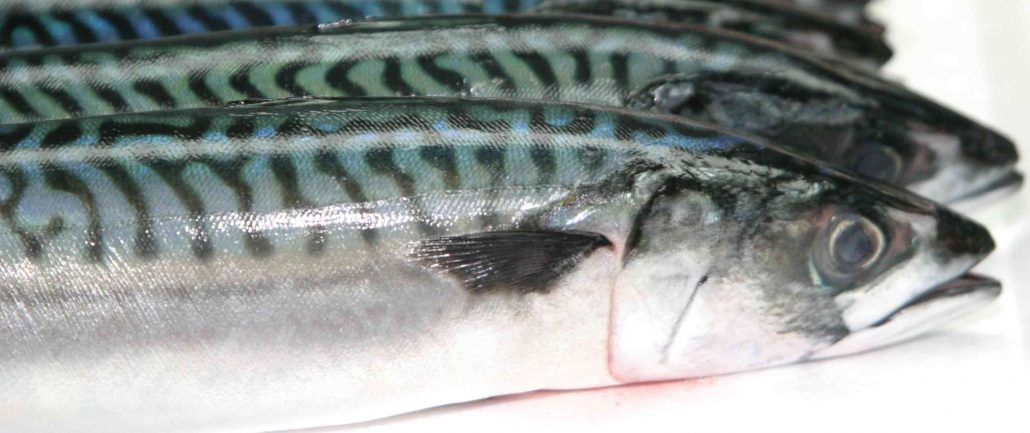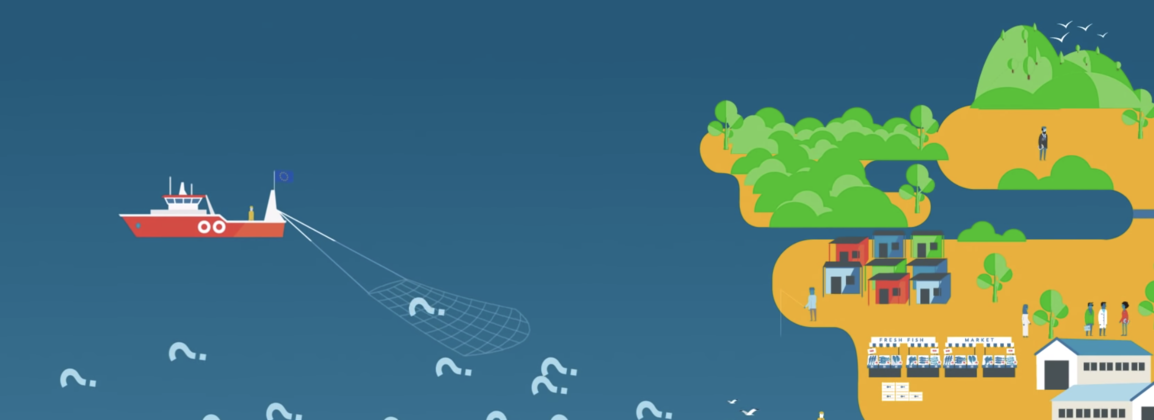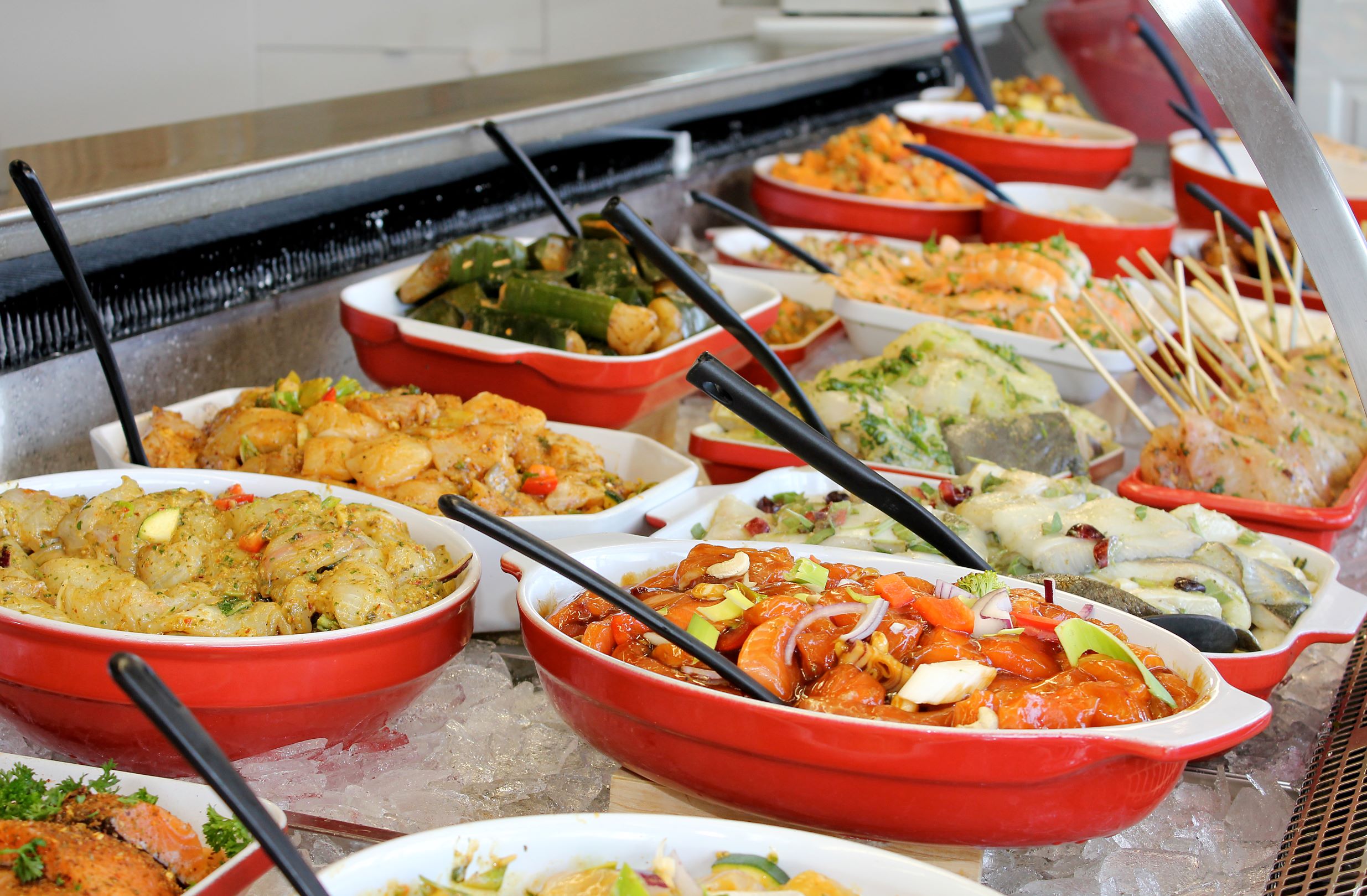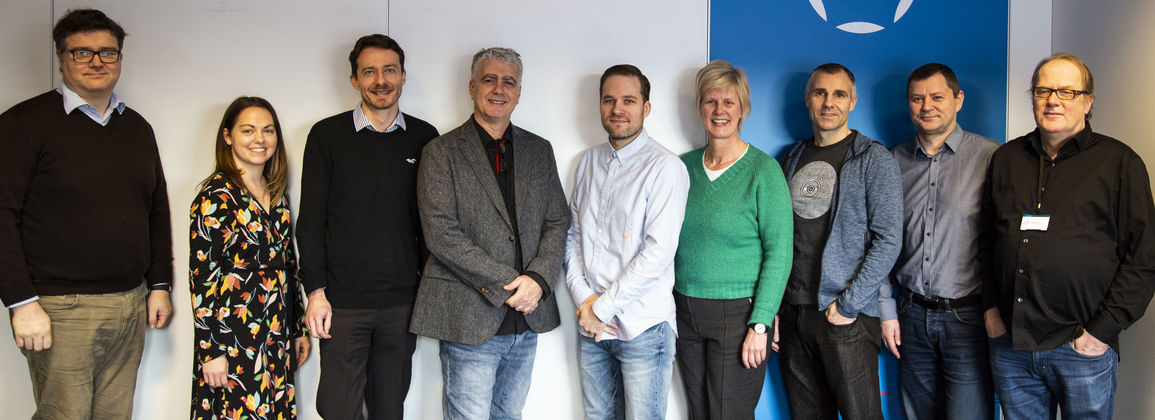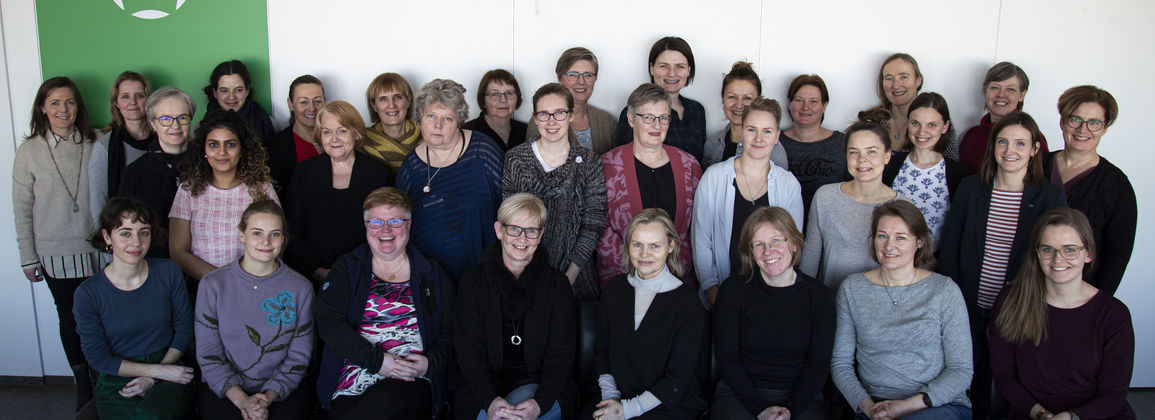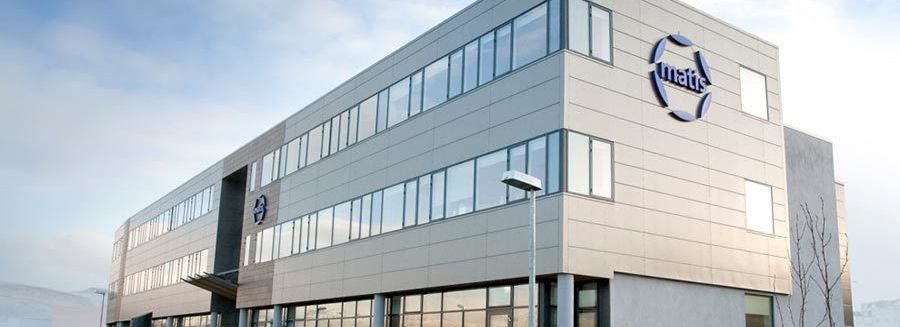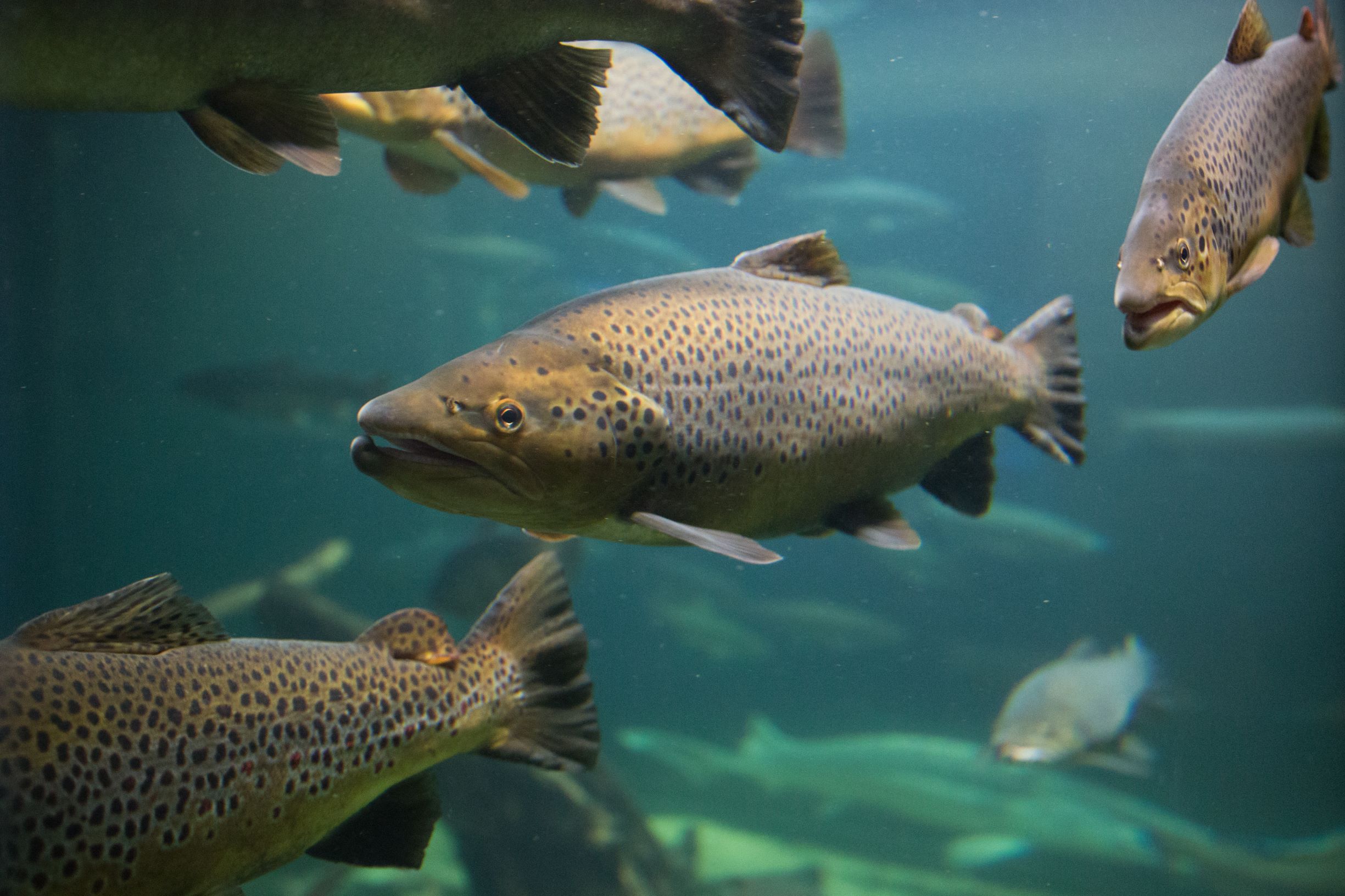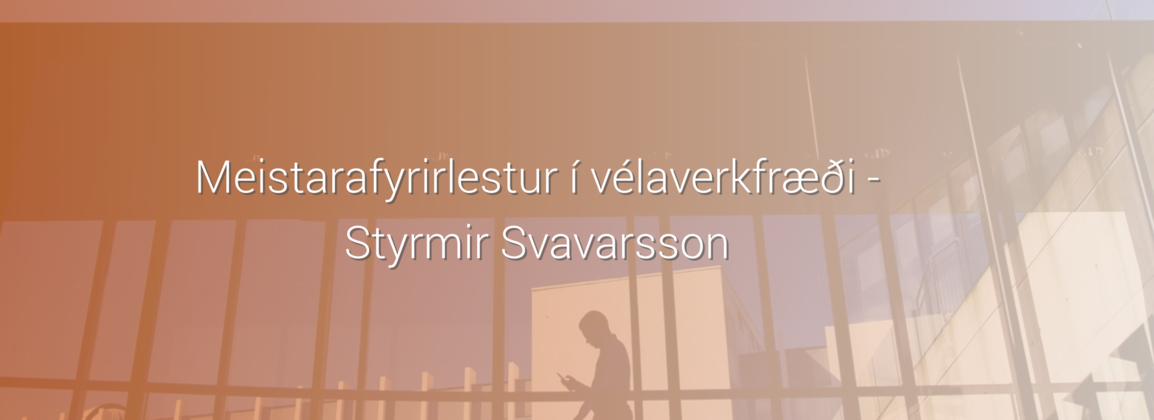Valuable knowledge building in the field of fishing and processing of pelagic fish
Á undanförnum árum hefur Matís, í samstarfi við Síldarvinnsluna, Háskóla Íslands og GRÓ-sjávarútvegsskóla UNESCO, unnið að uppbyggingu þekkingar á sviði
Valuable knowledge building in the field of fishing and processing of pelagic fish Nánar »
